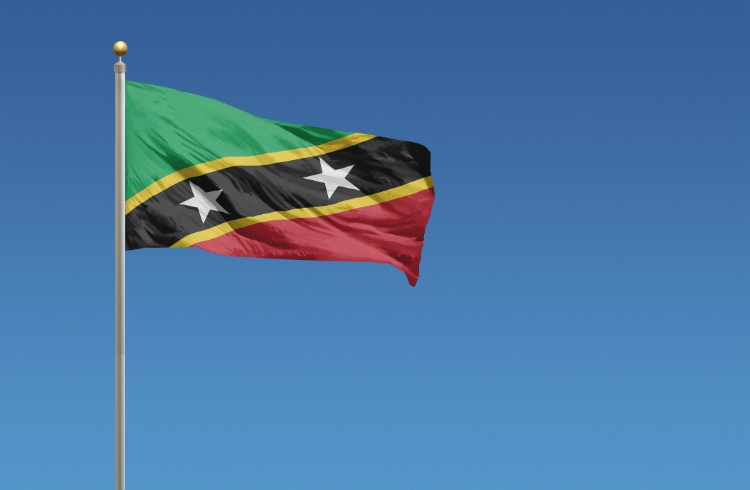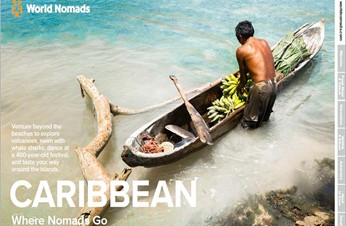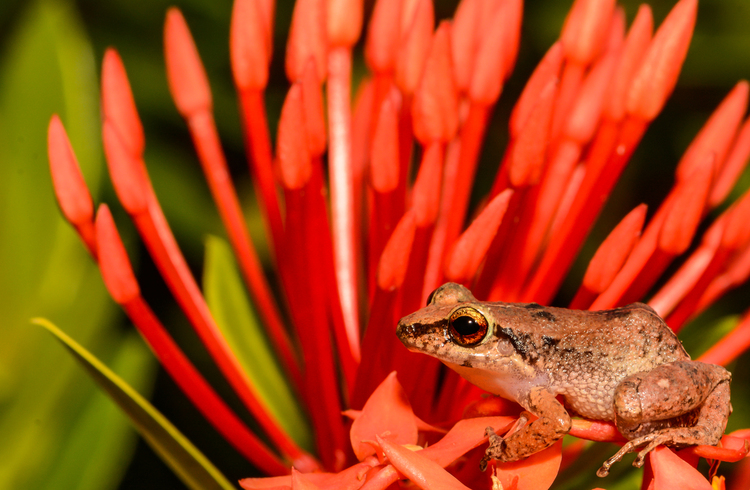St Kitts and Nevis Travel Alerts and Warnings
What are the issues affecting travelers in St Kitts and Nevis? Read the latest travel warnings and alerts.
 Photo © Getty Images/Derek Brumby
Photo © Getty Images/Derek Brumby
Coronavirus (COVID-19) travel restrictions in St Kitts and Nevis – updated 3 November, 2020
The international airport reopened to all non-citizens and non-residents from 31 October.
During Phase 1 of reopening to tourism, visitors will fall into one of three categories:
- Visitors from CARICOM Member States are part of the “Caribbean bubble”
- International travelers arriving from anywhere outside the “Caribbean bubble”
- Returning Nationals, Residents (who must show proof of a residency stamp in passport), Caribbean Single Market Economy (CSME) certificate holders and Work Permit Holders.
Entry requirements
- All incoming passengers must fill out a Travel Authorization Form
- Obtain a negative RT-PCR COVID-19 test result within 72 hours of travel, and upload to the authorization portal
- Upon arrival at the airport, you will undergo a health screening at the airport, including a temperature check and health questionnaire
- Everyone must download the SKN COVID-19 contact tracing mobile app, and use this for the first 14 days of travel
- The first 7 days, travelers from outside the Caribbean bubble will have their movement limited to the hotel property. On day 7 of their visit, they will be re-tested for COVID-19, and if their test result is negative, from day 8 will be allowed to travel beyond the confines of their accommodation and book specific tours.
Wearing a face mask is mandatory in public, and social and physical distancing protocols must be followed, maintaining 6ft (1.8m) distance from others.
Read the official St Kitts and Nevis travel advisory for the latest information.
Hurricane Isaac - September 2018
Hurricane Isaac is currently tracking westwards towards the Caribbean, heading for the Lesser Antilles archipelago (which includes St Kitts and Nevis). Reports indicate that the hurricane is maintaining strength which may increase as it moves closer to the islands, bringing heavy rain and damaging winds. The National Hurricane Center indicates that Hurricane Isaac will cross the islands Wednesday night - Thursday and then enter the East Carribean Sea.
Please check with authorities, follow any official warnings and listen to local news reports to monitor the situation. Failure to comply with directives from government authorities means you won't be covered by travel insurance.
How to Survive a Hurricane
The absolutely best way to survive a hurricane is to avoid one. Get away from it, but if you make the decision to leave make that decision early. Do not leave it until the last minute because you may find yourself caught without proper shelter.
If you decide to stay and "ride it out" it is advisable to get to an authorized shelter. The locations of these will be broadcast, or locals will know where they are. If there is no shelter, prepare to "shelter in place" in an internal room without windows.
Once a "storm watch" has been issued, make sure you are prepared in the event that the watch becomes a "warning."
- Fill the gas tank of your car
- Check batteries in flashlights and radios
- Have extra batteries on hand
- Secure all doors and windows
- Close shutters or board up the windows
- Have extra supplies on hand such as non-perishable food, clean drinking water, a half-gallon of water per person/per day (enough for a couple of days), and prescription drugs.
During the storm
- Never go out during the storm. The winds can send flying debris into you causing injury and even death
- Stay away from windows and doors
- Keep on the alert for additional storm warnings. Hurricanes are known to spawn tornadoes so be prepared to take cover if one should strike
- While the storm is in progress, avoid using electrical appliances
- Stay off the telephone
- All pets should be secure in carriers. The storm will be a frightening experience for them as well, and they could injure themselves or you if they panic
- Do not light candles or lanterns; they could get blown over causing a fire
- The eye of the storm passing over could make you think the storm is over when the worst is still yet to come. Only use this calm in an extreme emergency to make critical repair.
- Only after an official "all clear" has been issued is it safe to come out.
After the storm
- Beware of downed power lines and gas leaks
- Stay away from heavily damaged areas
- Listen to your radio for instructions.
Hurricane Maria - 18 September, 2017
Hurricane Maria is predicted to pass over St Kitts & Nevis on Monday, and it may have stregthened to category 3 by that time. Beware of strong winds and flooding from heavy rain. If you have not already left the island you shold immediately seek the help of authorities in finding suitable shelter.
Hurricane Irma - 6 September, 2017
Now classified as a Category 5, Hurricane Irma made landfall early this morning on St. Barthelemy, St. Martin, and Anguilla. Widespread damage has been reported, but no casualties at this time.
Irma is now heading towards Puerto Rico and threatening St. Kitts and Nevis, the Virgin Islands, Hispaniola, and Cuba.
Travel warnings have been issued for Antigua, Barbuda, Anguilla, Montserrat, St. Kitts, and Nevis, Saba, St. Eustatius, and Sint Maarten, British Virgin Islands, U.S. Virgin Islands, Puerto Rico, Vieques, and Culebra, Dominican Republic from Cabo Engano to the northern border with Haiti, Guadeloupe, Southeastern Bahamas and the Turks and Caicos Islands.
The United States has declared states of emergency in Florida, South Carolina, and Puerto Rico.
Aside from extremely strong winds, Hurricane Irma is likely to create a storm surge of 11 feet or more, and large, breaking waves. Heavy rains could cause life-threating flash floods and mudslides.
Related articles
Simple and flexible travel insurance
You can buy at home or while traveling, and claim online from anywhere in the world. With 150+ adventure activities covered and 24/7 emergency assistance.
Get a quote

No Comments